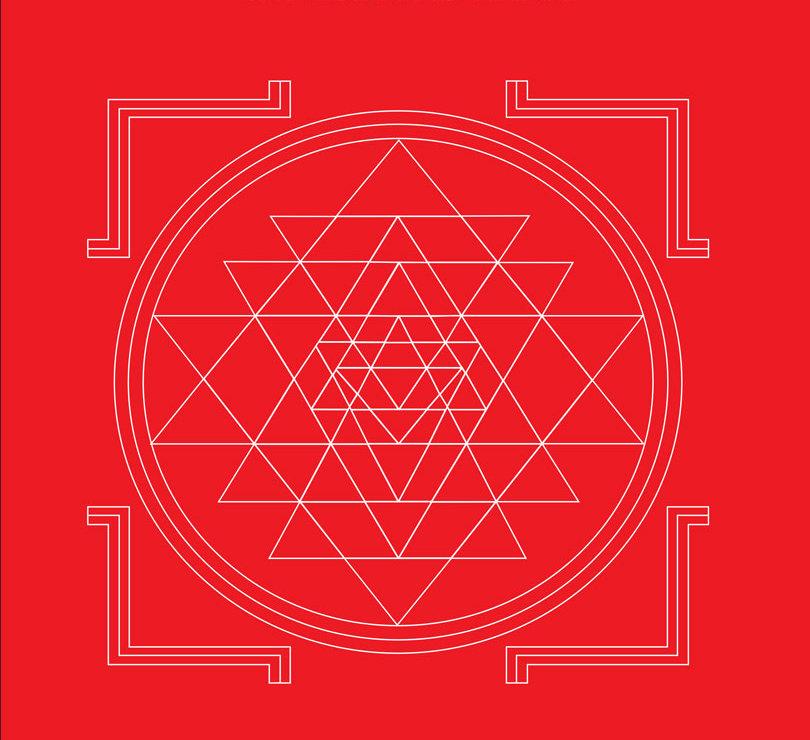 There are various kinds of tantra sadhana just like there are various approaches to Vedanta. It is however true that different approaches can be found in certain geographical areas. The main reason is the temperamental differences between people. Tantra sadhana approaches mainly through yantra, mantra and puja. It also requires the presence of a Guru. All this implies that the persona undertaking tantra sadhana must have certain elements in his nature such as faith and devotion which are more commonly found in the Eastern parts of India. Besides there is a long history of tantra gurus in these regions and hence the natural lineage that has followed in some way or the other. Most interestingly we find that in the Eastern parts of India the society is matriarchal, at least in its basic approach.
There are various kinds of tantra sadhana just like there are various approaches to Vedanta. It is however true that different approaches can be found in certain geographical areas. The main reason is the temperamental differences between people. Tantra sadhana approaches mainly through yantra, mantra and puja. It also requires the presence of a Guru. All this implies that the persona undertaking tantra sadhana must have certain elements in his nature such as faith and devotion which are more commonly found in the Eastern parts of India. Besides there is a long history of tantra gurus in these regions and hence the natural lineage that has followed in some way or the other. Most interestingly we find that in the Eastern parts of India the society is matriarchal, at least in its basic approach.
On the other hand Vedantic sadhana, especially Jnana Yoga and Raja Yoga largely approach the Reality through the mind. Hence people who are predominantly mind-centered as we find in certain southern parts of India, with strong patriarchal tendencies, also have a number of Yogis of the Vedanta type with a host of commentaries and literature, and following along these lines. However, though there are certain distinctions that one can find in terms of one kind of approach predominating over other, in general an average India follows a healthy mix of both Vedanta and Tantra in his religious and spiritual life. Many of the symbols that we find in India spiritual life are tantric in nature. If it is less openly acknowledged it is because of a certain disrepute into which tantric sadhana has fallen, partly due to a misunderstanding of its principles and partly due to its wrong use in handling the powers released during the process.
Due to these and other inherent risks in tantric sadhana there is often a certain kind of bias against it and though an average person wants his Gurus to have and exercise powers of various kinds and intervene in his everyday life, the actual worship of power and the siddhis is generally discouraged for sadhana purposes. But one day man has to deal with power, including occult powers just as he has dealt with knowledge of various kinds. If power without knowledge is a dangerous thing, then knowledge without power is a thing ineffective. We are therefore fast approaching an age of integral spirituality wherein all these diverse approaches will be taken up, in their essence if not in detail and integrated comprehensively and harmoniously in man’s growth and progress in his spiritual evolution.



About Savitri | B1C3-10 The New Sense (pp.29-31)